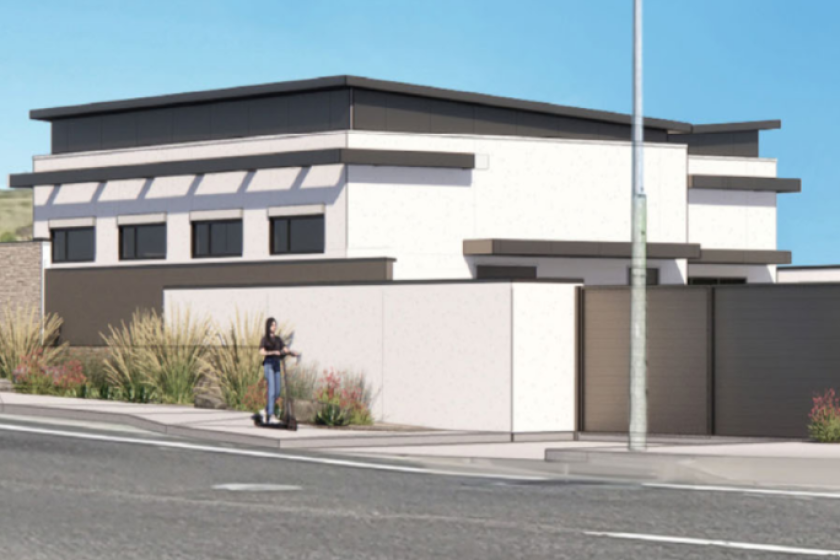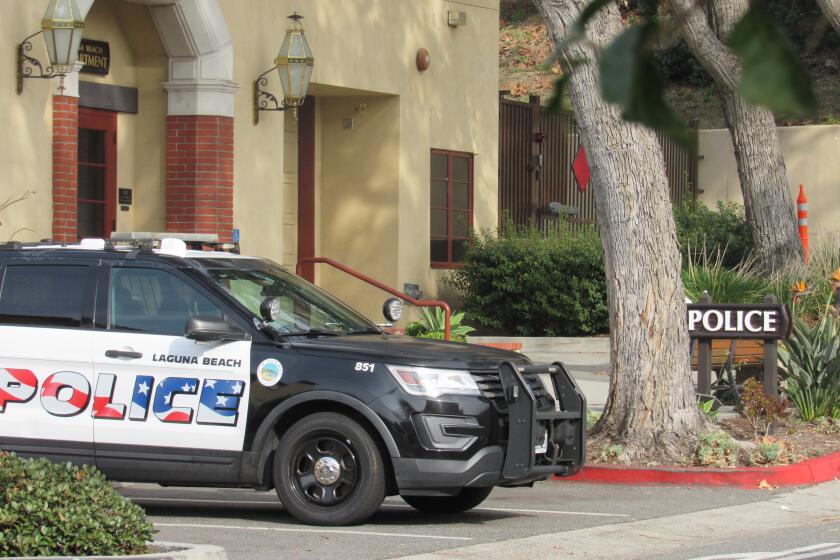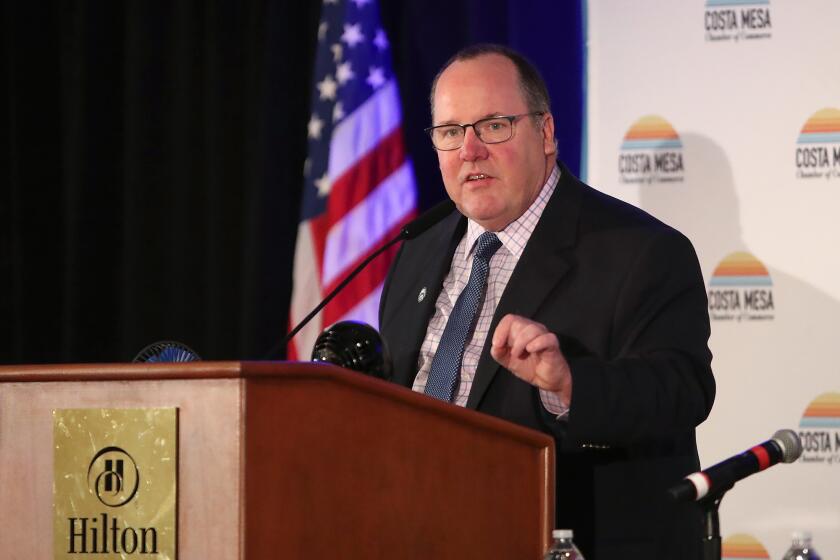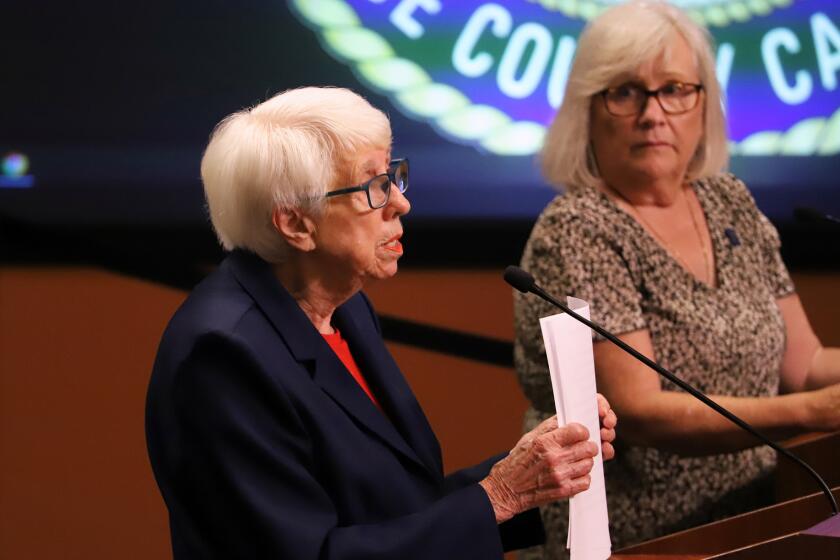Judge rules Costa Mesa can enforce its sober-living restrictions as lawsuit continues
Costa Mesa can continue enforcing its strict group-home laws as a sober-living home operator’s lawsuit against the city continues, according to a federal judge.
Southern California Recovery Centers sued the city in July 2018, alleging that Costa Mesa’s short-term housing ordinances violate the Fair Housing Act. The operator had applied for permits for its sober-living homes at 783 Hudson Ave., 208 Cecil Place and 175 E. 21st St., but the Planning Commission and City Council unanimously turned it down because the homes did not comply with the city’s buffer rule requiring at least 650 feet between sober-living homes in residential areas. SoCal Recovery’s facilities are still operating, according to city officials.
The city, in turn, sued SoCal Recovery in October, alleging it was creating a public nuisance by violating city code.
SoCal Recovery’s lawyers asked U.S. District Judge James Selna for a preliminary injunction ordering Costa Mesa to hold off on enforcing its regulations until the lawsuits conclude. Selna denied the request Friday.
“This is just one more affirmation that we as a City Council have done the right thing for our residents to protect both patients and our residents from unscrupulous operators,” Mayor Katrina Foley said in a statement. “Our law has withstood major challenges so far and we will continue to enforce it vigorously. It has become a model for other communities to follow.”
Garrett Prybylo, attorney for SoCal Recovery, said his client is “exploring all [options]” for how to respond to the judge’s ruling.
“We are disappointed,” Prybylo said. “We believe the law is on our side.”
Lawsuits involving the city and sober-living home operators have become commonplace since Costa Mesa introduced two ordinances in 2014 and 2015 placing restrictions on group homes. The regulations’ intent, city officials say, is to prevent institutionalized neighborhoods.
Group homes operating in the city at the time of the ordinances’ adoption were required to apply for permits to stay in the city. Sober-living homes flocked to City Hall to get permits for their operations on a first-come, first-served basis. Many operators who have applied in recent years, such as SoCal Recovery, are running up against the 650-foot buffer rule.
All the latest on Orange County from Orange County.
Get our free TimesOC newsletter.
You may occasionally receive promotional content from the Daily Pilot.




